Imagine living Taylor Swift’s life. She has been staggeringly, life-dominatingly famous since she was 17. Not for a single moment in her entire adulthood (she’s now 28) has she been able to do any of the everyday things the rest of us take for granted. No wonder, then, that so much of what surrounds her seems so peculiar. No wonder her last two albums (2014’s fabulous 1989, last year’s rather less fabulous Reputation) have been dominated by songs about how other people perceive her life: every thing she does, as she is well aware, goes through a filter. She sings not about her love life — her relationships with the actors Tom Hiddleston and Joe Alwyn, the DJ Calvin Harris —but about how her love life is reported. It’s a very meta kind of pop stardom: ‘I swear I don’t love the drama, it loves me,’ as she put it on the song ‘End Game’.
Before she took to the stage at Wembley Stadium, the giant screens broadcast footage of ‘secret sessions’ in which groups of her fans had been invited to listen to Reputation before its release with Swift at her various homes. She’s known for nurturing her fans — sending expensive gift packages with handwritten notes to some of them, out of the blue. One wonders if this, too, is a reaction to the lack of normality in her life. It’s as if she’s made herself into the idealised version of who she might have wanted to be at 18 when, instead of hanging out with her friends, she was making albums, touring incessantly, becoming a star. As we left Wembley after an extraordinary, brilliant spectacle, my 17-year-old daughter asked me of the secret sessions, the gifts: ‘Why do you think she does all that stuff?’ I don’t know, I told her, but she gets something from it, and my bet would be that it’s all about an emotional reward rather than a cynical attempt to boost sales.
One tangible effect of her loyalty to her fans is their loyalty in return. Swift is their Queen Bee, their glamorous-but-relatable older sister, the one who tells them their lives will turn out fine. While Swift’s songs are often commentaries on her life, they sound less like dispatches from the VIP area at a club than a school cloakroom the Monday morning after that party on Saturday night when she snogged that boy from the other school and, God, people shouldn’t get so worked up about it. She sang to the girls, and the girls screamed their delight and recognition: ‘They say I did something bad/ Then why’s it feel so good?… Most fun I ever had/ And I’d do it over and over and over again if I could.’ It was oddly reminiscent of the relationship between Morrissey and his fans at the peak of The Smiths, except where Morrissey embraced victimhood, Swift shakes it off.
The show was a technological marvel, played out in front of giant screens that separated into constituent parts and reassembled themselves, like Tetris blocks. I’ve seen some exceptional stage productions this year — from David Byrne, Susanne Sundfor, Katy Perry and more — but this dwarfed them: don’t bet against the kitchen sink having been part of the production. It also papered over the main problem with Reputation, which — unlike the gloriously melodic 1989 — was marked by what seemed like a perverse dedication to shooing away tunes. But at stadium volume, the physicality of‘I Did Something Bad’ or ‘Look What You Made Me Do’ was like standing in front of a jet engine. And the album’s one undeniably great song — ‘Getaway Car’, which sounds as though it has existed for ever — was simply gorgeous. The screens had locked back together into giant picture walls, and Swift was left alone on the huge stage. Just her and her fans, locked in mutual adoration.
Got something to add? Join the discussion and comment below.
Get 10 issues for just $10
Subscribe to The Spectator Australia today for the next 10 magazine issues, plus full online access, for just $10.
You might disagree with half of it, but you’ll enjoy reading all of it. Try your first month for free, then just $2 a week for the remainder of your first year.

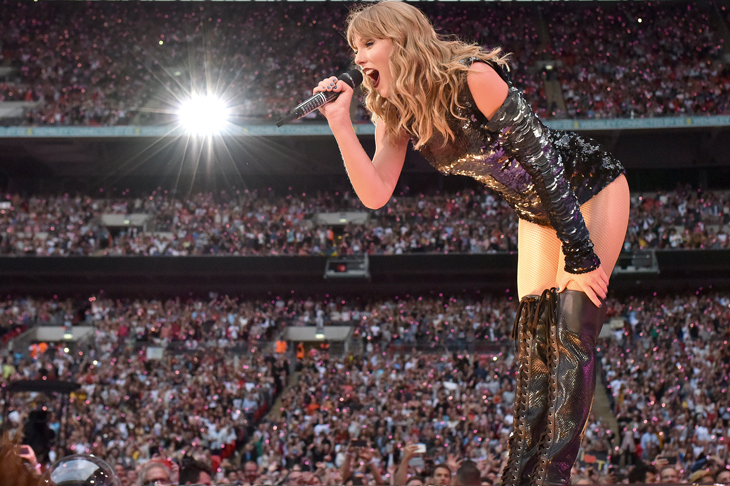
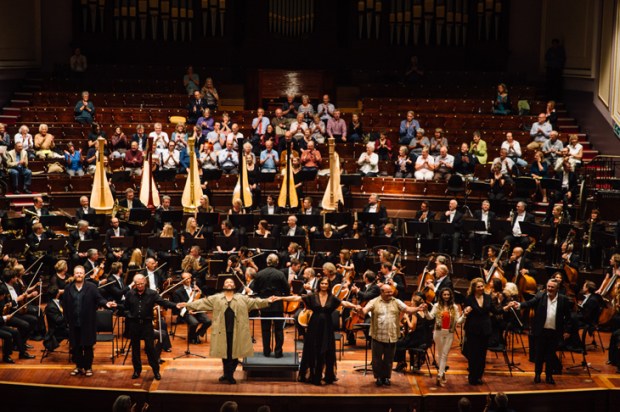
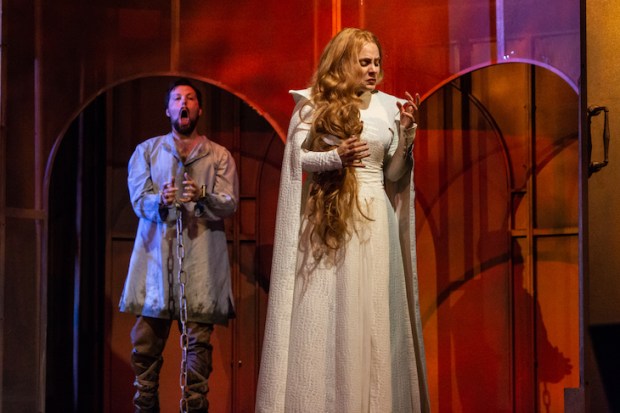
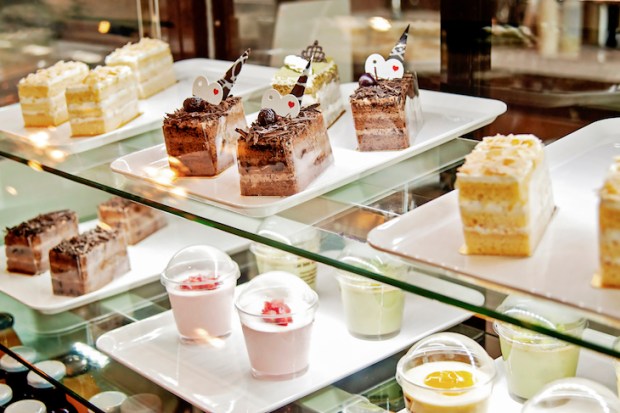
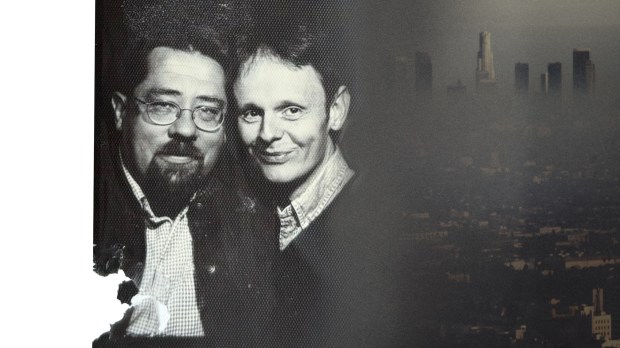
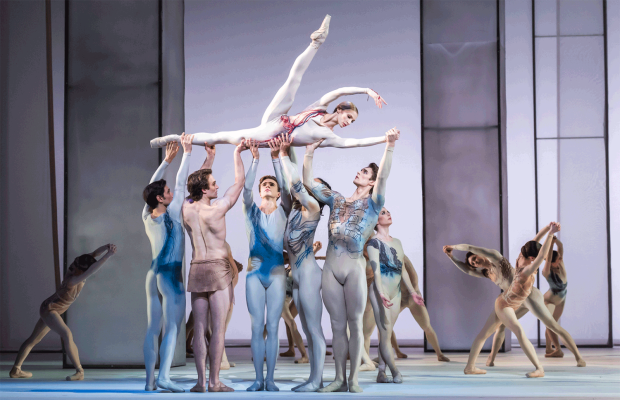
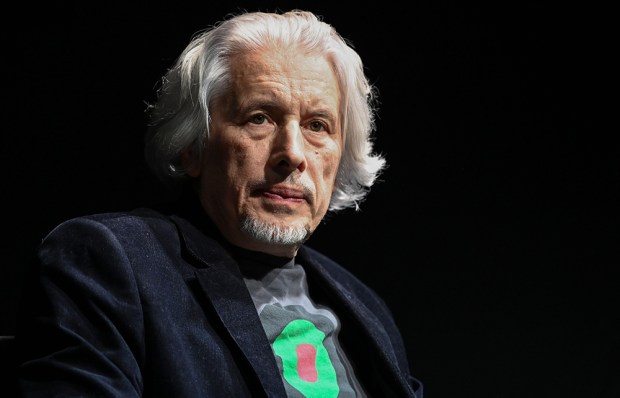






Comments
Don't miss out
Join the conversation with other Spectator Australia readers. Subscribe to leave a comment.
SUBSCRIBEAlready a subscriber? Log in